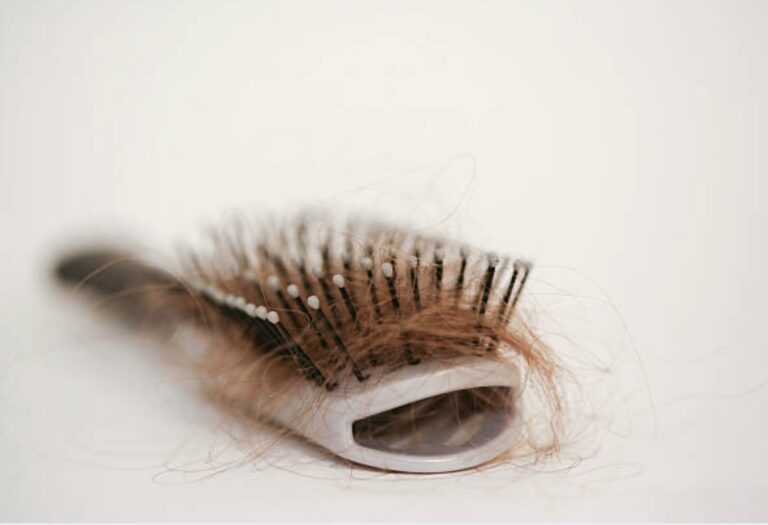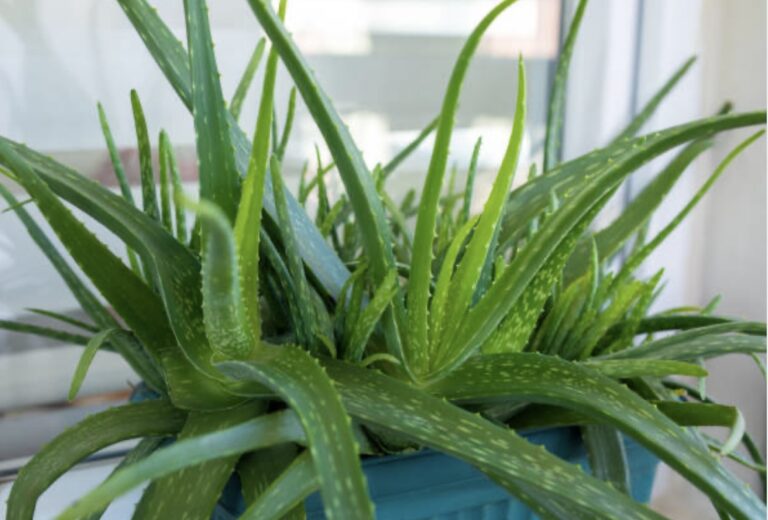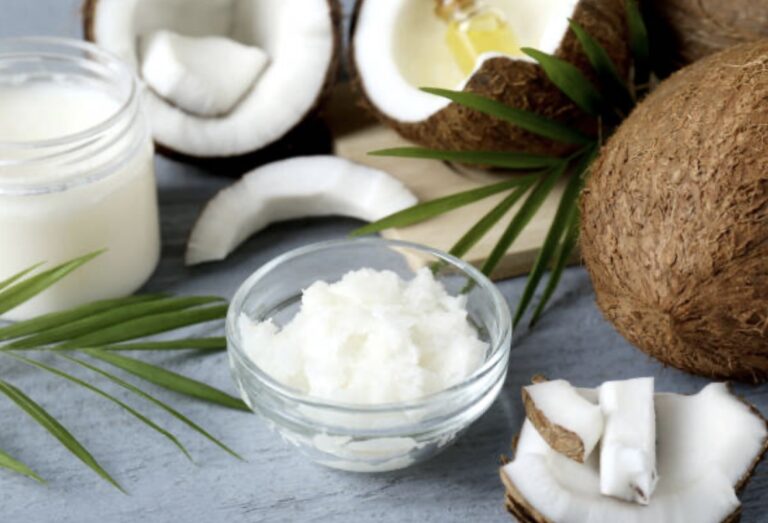Menopause And Hair Loss Solutions: Unraveling the Tangle:
Menopause, a natural biological event marking the end of a woman’s reproductive years, often comes with a host of unwelcome side effects. Ranging from hot flashes to mood swings, the transition can be challenging for many women. Hair loss or thinning can also be a side effect, and that can be devastating when you experience it. So when you’re looking at menopause and hair loss solutions it can be quite emotional and you may be wanting an immediate solution to stop the fallout, literally!
Overview Of How Menopause Can Affect Hair Health
Menopause can affect various aspects of a woman’s health, including hair health. As the body undergoes hormonal changes, it can trigger hair thinning and loss, which could considerably affect a woman’s self-esteem.
Establishing the Link Between Menopause and Hair Loss
The correlation between menopause and hair loss is significantly traced to hormonal fluctuations. Decreased estrogen and progesterone levels can impair hair growth and renewal, leading to thinning and hair loss.

Deep Dive: The Science behind Menopause-induced Hair Loss
Understanding the Role of Hormones
Hormones are critical in the hair growth process. Drops in estrogen and progesterone levels during menopause can reduce hair follicle production, leading to hair loss.
Exploring Other Contributing Factors: Nutrition, Stress, and Lifestyle
Besides hormonal changes, nutrition, stress, and lifestyle factors can exacerbate menopause-induced hair loss. Dietary deficiencies and chronic stress can disrupt hair growth while lifestyle elements like smoking can further damage hair health.
Investigating the Genetics of Hair Loss
Genetics can also play a significant role in hair loss during menopause. Women with female-pattern hair loss history in the family may experience higher hair loss rates during menopause.

Symptoms and Diagnosing the Problem
Recognizing Symptoms of Menopause-Related Hair Loss
Common symptoms include noticeable thinning, receding hairline, increased hair shedding, and hair breakage. Such indicators should not be ignored.
The Diagnosis Process: What to Expect
Diagnosing menopause-related hair loss typically includes a physical examination, medical history overview, and various tests, such as blood tests and scalp biopsy.
Understanding the Various Diagnoses and Their Implications
Diagnoses may vary from hormonal imbalance to inputs derived from genetic testing. Each diagnosis implies a unique approach to addressing the problem and mitigating further hair loss.
Showcasing Tried and Tested Hair Loss Solutions
Hair Care Routine: A Natural Approach to Tackling Hair Loss
Implementing a gentle hair care routine can reduce hair stress, thus mitigating hair loss. This could involve less frequency of hair washing, using mild shampoos, and avoiding heat-based styling tools.
Medical Interventions and Latest Innovations
Medical interventions range from hormone replacement therapy, minoxidil, and spironolactone to newer innovations like laser therapy and platelet-rich plasma treatment. I advocate more for natural solutions, but I understand that sometimes it’s pragmatic to consider all solutions.
Emphasizing the Significance of Nutrition and Exercise
Committing to a balanced diet rich in vitamins, minerals, and essential fatty acids, and maintaining a regular exercise routine can help control stress and promote healthier hair growth.

Preemptive Measures and Holistic Management
Transitioning Through Menopause with Minimum Hair Loss
Early detection and treatment can help control hair loss during menopause. Regular medical checkups, initiating lifestyle changes early, and addressing symptoms promptly are key.
A Holistic Approach to Mitigating Hair Loss: Mind over Matter
Practicing mindfulness through yoga or meditation can positively influence the hair loss scenario by controlling stress levels.
Advocating for Preventive Health Checks and Consultations
Yearly health checks and routine medical consultations can help detect and mitigate hair loss at its earliest stage. If you want to read more about handling menopause naturally we have more information here…
Embracing Natural Cures for Hair Loss – A Journey to Rejuvenation
Aging is inevitable, and along with it often comes certain health and cosmetic challenges such as hair loss. Are you among the many older women battling with thinning, brittle hair, or even bald patches? Not to worry. Subtle adjustments in the comfort of your own home can help in the treatment of hair loss. There are some natural miracles that may prove beneficial for hair regrowth and rejuvenation.

Kitchen Treasures for Hair Boost
Whether you are new to this concept, or already familiar, it’s astonishing to discover just how many potential remedies are available in your kitchen!
Oils to the Rescue
Coconut, jojoba, and olive oil are exceptional contributors to scalp health and hair growth. Rich in vitamins and fatty acids, they provide essential nutrients for the hair, promoting growth, and preventing dandruff. Throw in a few drops of rosemary oil – studies indicate it’s as effective as minoxidil, a common hair growth treatment, but with less scalp itching as a side effect.
Eggs: Not Just for Breakfast anymore
Eggs are packed with protein. Since hair is composed mostly of protein, applying an egg mask to your hair can stimulate hair growth. The yolk is equally beneficial, full of vitamins that may make hair more resistant to damage.

Green Lifestyle for Healthy Hair
Healthy habits speak volumes when it comes to the health of your hair. Let’s dive deeper into what these changes look like.
Adequate Hydration
Water is an overlooked but crucial component. Regular and abundant fluid intake improves the life cycle of hair cells.
Balanced Diet
A balanced diet featuring key vitamins and proteins can facilitate hair growth. Foods such as berries, spinach, and fatty fish are renowned for their multiple beneficial properties. Also, consider adding some extra supplements with biotin and or marine collagen. I started to take double the amount and it slowed down my hair loss immediately. Consult a health practitioner before you do this though. However, I had great success with these types of supplements.
Regular Exercise
Physical activity increases blood circulation, essential for hair growth. Regular exercise also aids in stress reduction, another factor that can contribute to hair loss.
Embrace the Power of Healing Herbs
Herbs such as ginseng, aloe vera, and lavender have unique properties promoting hair growth. A massage using aloe vera can help clear dead skin cells from your scalp, which can interfere with your hair follicles. While hair loss can be disconcerting, integrating natural remedies into your everyday routine can offer considerable benefits for hair regrowth. Remember, the journey to rejuvenation is gradual and requires patience. Keep hydrating, maintain a healthy diet, exercise regularly, and more importantly, embrace the power of natural cures. It’s time to say goodbye to hair loss and welcome radiant, healthy hair. Do you have any natural remedies for hair loss that you swear by? We’d love to hear about it! Let us know in our comments section below.

Emphasizing the Need for Awareness and Self-Care
Creating awareness about the link between menopause and hair loss is crucial. Self-care, regular health checks, and consultations can go a long way in prevention and treatment. Start looking at treatments before the hair loss is too much. Menopause and hair loss can be emotionally very difficult, change can be very unsettling. So don’t lose hope and be patient and kind to yourself.
Frequently Asked Questions
Thinning often begins on the top or the sides of the head and is usually a gradual process. Also seeing more hair near the drain while you’re in the shower is something to pay attention to.
Yes. Women with a family history of hair loss or those with certain medical conditions and lifestyle are more likely to experience hair loss during menopause.
Treatment effectiveness varies among individuals. However, a combination of medical treatments, lifestyle changes, and mind-body techniques have shown favorable outcomes.
Yes. With proper treatment and an adjusted lifestyle, hair growth can improve.
A balanced diet, cessation of smoking, limiting alcohol, regular exercise, and stress management are some lifestyle changes that can help prevent hair loss.


